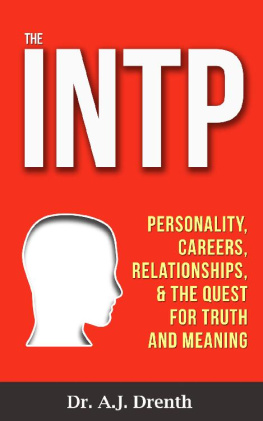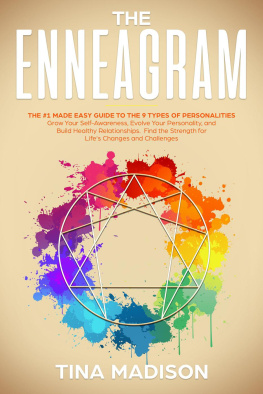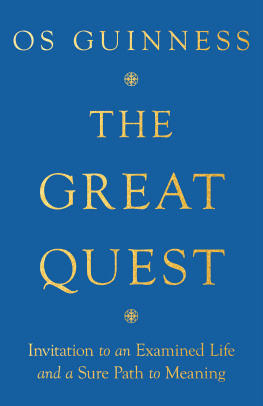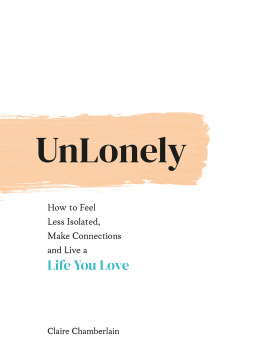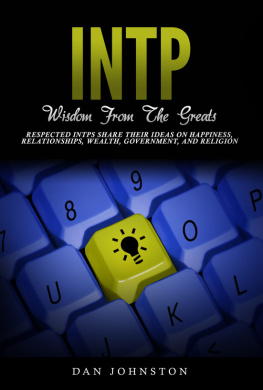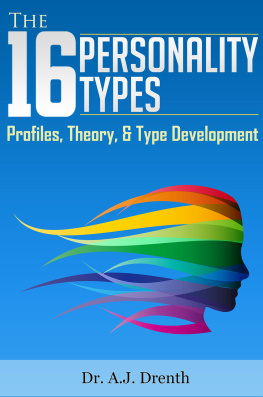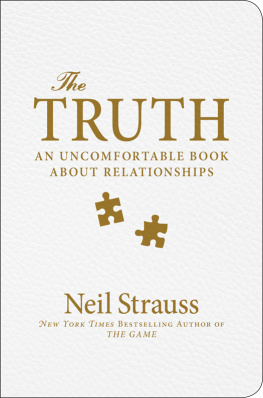The INTP
Personality, Careers, Relationships,
& the Quest for Truth and Meaning
Copyright 2013
A.J. Drenth
All rights reserved. No part of this book may be reproduced in any form, electronic or mechanical, except for brief quotations, without written permission from the author.
Introduction
INTP is one of sixteen personality types. INTPs love to think and philosophize. They see themselves as questing for truth and meaning. Not only do they seek to know the truth about reality, but to cultivate an abundant and meaningful life. Unfortunately, getting a firm hold on truth and meaning often proves trickier than they anticipate.
Complicating matters further is INTPs concern for finding and securing their rightful place in the world. This typically involves searching for two things: the right career and the right relationship. Because INTPs envision their optimal career as encapsulating, or at least incorporating, their quest for truth and meaning, it too can prove slippery and elusive.
While often taking a back seat to the INTPs work, relationships can be another point of frustration and difficulty for this type. At times, INTPs may wonder if relationships are even worth their time and effort. Being such independent souls, they may consider whether a romantic partner is really necessary in their quest for happiness.
In light of these challenges, it should not surprise us that INTPs are among the most restless of the personality types. Others may see them as perpetually unsettled, always making and breaking plans. INTPs may also be accused of thinking too much or over-analyzing everything. But such critiques rarely sway or deter them. INTPs know that, regardless of how others perceive them, they must persist in their quest for truth and meaning. Indeed, for the INTP, seeking and exploring is integral to life.
Perhaps the most famous individual associated with the INTP personality type is Albert Einstein. Like other INTPs, Einstein displayed great independence of thought, privileging his own ideas, theories, and projects above all else. He also showed little respect for established conventions and authorities, which he viewed as antagonistic to creativity, individuality, and freedom of thought.
Although I generally agree that Einstein embodied many INTP characteristics, it is equally important to note what he lacked. Namely, he failed to exhibit one of the more common and central features of INTPsa deep concern for self-knowledge. Indeed, most INTPs see self-knowledge as a critical component of their quest for truth and meaning.
Truth & Meaning in the Modern World
Many INTPs begin their search for truth by looking outside themselves. This is especially common for those reared in extraverted cultures, such as the United States, where they are inundated with messages suggesting that truth and meaning depend on externalitiesmoney, status, relationships, social and religious affiliations, etc. So even though INTPs natural tendency, as introverts, is to look inward, they may be conditioned by circumstances to first explore what the world has to offer. In this vein, they may scour books on science, religion, philosophy, and the like, hoping to find answers to their questions on truth, meaning, and how to live.
At this point in history, religion has lost its status as the most tenable and respected authority on objective reality. With increasing evidence for and acceptance of theories like Darwinian evolution and the Big Bang, science has supplanted religion as the leading authority on matters of truth. But as Carl Jung and others have duly noted, science has proven rather ineffective in supplying meaning and purpose to human life. Indeed, the vacuum of existential meaning left in the wake of religions dethronement is no small problem. Without a viable replacement, many people will be forced to reckon with difficult, even potentially paralyzing, issues such as nihilism and meaninglessness.
In light of this modern situation, INTPs who are unable to successfully resuscitate or reformulate their religious beliefs (assuming they had any to begin with) are forced to look elsewhere for answers to their questions about truth and meaning. Many will turn their sights to psychology, philosophy, or mysticism, all of which speak to the human condition, sans the mythological clothes of traditional religion.
As INTPs proceed to explore and contemplate various perspectives, they discover that objective or absolute truth is not as easy to identify as they originally imagined. They find there are no quick or easy answers to their questions about truth, meaning, and the human condition. Indeed, just as beauty is in the eye of the beholder, so it can seem with truth and meaning. As the eminent philosopher, Immanuel Kant, famously professed, We dont see the world as it is, but as we are.
As INTPs come to see the integral role of human subjectivity in truth and meaning, they increasingly recognize the value and importance of understanding the human mind and psyche, especially their own. Indeed, it is this realization that impelled thinkers such as Nietzsche, Kierkegaard, and others to extol the importance of self-knowledge. These thinkers essentially turned the quest for truth and meaning on its head, removing their gaze from the external world and turning it toward the self, which they saw as the primary source of truth and meaning.
And while Nietzsche and company opened up new vistas for exploring subjective truth and meaning, there remains a fair amount of ambiguity in their thought. One of the main gaps, in my view, involves the question of how one goes about obtaining self-knowledge. What methods and criteria should we use in our attempts to describe and understand ourselves?
Self-Knowledge through Jungs Typology
In his classic work, Psychological Types , Carl Jung provides insight into this question of how we might know ourselves. There, he observes that the mind and personality work according to discernable laws and exhibit specific patterns of functioning. Based on his research and clinical observations, as well as his formidable knowledge of history and literature, Jung proffers a theory of personality types (or what he called psychological types).
One of the beautiful things about Jungian typology is it provides an objective framework for understanding human subjectivity and cultivating self-knowledge. This knowledge can inform and enlighten INTPs quest for truth and meaning, as well as their search for satisfying work and relationships.
In many cases, INTPs first encounter typology when exploring careers or college majors. After taking various tests and reading pertinent personality descriptions, their interest is piqued. INTPs seem naturally intrigued by the notion of personality types in general and by the features of their own type in particular. This should come as little surprise, as INTPs desperately want to know who they are, how they should live, and the sorts of things they should be doing. Similar to other IN types, INTPs see it necessary to understand themselvestheir personality, interests, abilities, and valuesbefore they can act in the world with any degree of confidence or conviction. And because typology promises objective insight into these matters, it can quickly assume a degree of importance for the INTP that extends far beyond its utility in identifying a college major.
As Thinking types, INTPs are inclined to conceive of the self in terms of its structure and utility. In many ways, they see the self as a sort of tool or instrument. In contrast to INFPs, the degree to which the self is unique (or is perceived as unique) is less important to INTPs than is grasping its essential functions and capacities. Hence, for INTPs, the question Who am I? might be rephrased as What kind of tool or instrument am I? or What kind of functions am I designed to perform? By developing a better sense of their psychological structuring and functionality, INTPs feel they can gain insight into how they should conduct or improve their lives.
Next page
